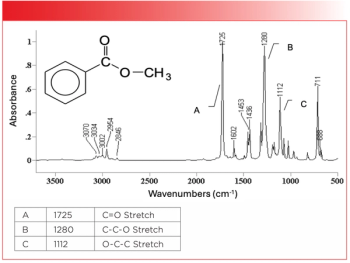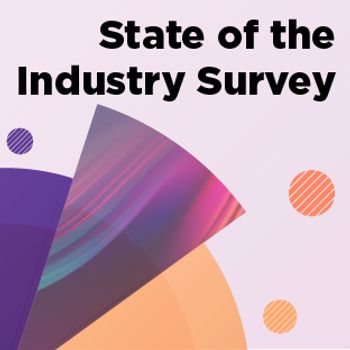
SAS Undergraduate Student Travel Grant Applications for the SAS National Meeting at SciX 2021 Due August 15
To encourage undergraduate student research in spectroscopy, the Society for Applied Spectroscopy (SAS) is offering a limited number of travel awards of up to $300 per student to attend the SAS National Meeting at SciX 2021 in Providence, RI.
To encourage undergraduate student research in spectroscopy, the Society for Applied Spectroscopy (SAS) is offering a limited number of travel awards of up to $300 per student to attend the SAS National Meeting at SciX 2021 in Providence, RI. While it is unlikely that this grant will cover all the student's travel costs, reduced hotel rates and registration fees for students are typically available for this conference and aid in keeping travel costs low.
This competitive grant is based on merit and financial need. Undergraduate students in degree programs at two-year and four-year colleges are eligible. The student's research advisor must be an SAS member in good standing at the time of application. The student must present their research to the SciX meeting for presentation as a poster during the Sunday SAS student poster session on Sunday night of the meeting. Send submissions to
An individual student can receive this grant only once during their undergraduate academic career.
Applications for the grant program are due to the SAS by August 15 and must be submitted by the student's research advisor. Decisions on grant recipients will be made in a timely manner and communicated to the student and advisor.
The application consists of:
2) Recommendation letter(s) addressing student's research abilities and merit completed by advisor
3) Financial need statement and approximate travel budget completed by advisor and student
4) Copy of student's abstract as submitted to SciX
Click below to apply:
Please submit your application to:
Newsletter
Get essential updates on the latest spectroscopy technologies, regulatory standards, and best practices—subscribe today to Spectroscopy.





